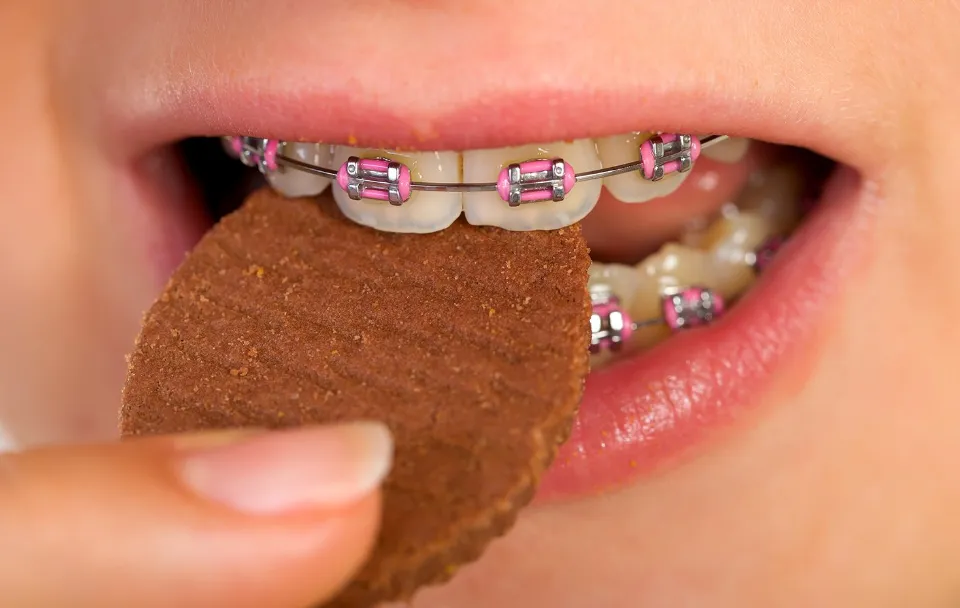
What Can I Eat with Braces – Everything You Should Know!
You probably worry about which foods you can and cannot eat if you’re contemplating getting braces or have already decided to straighten your smile. So what can I eat with braces?
With braces, you can safely eat soft-cooked meats, rice, potatoes, and vegetables. For the first few days, you should only eat softer foods as you adjust to eating with your new braces.
We hope you’ll take advantage of this chance to learn about what foods and beverages you can consume while wearing braces, as well as some cooking advice and foods you can anticipate eating once your treatment is finished.
Food That Can Be Eaten With Braces
Most foods are still edible while wearing braces. Food can easily get stuck in your child’s braces, so it’s crucial that they brush their teeth thoroughly after eating. Foods that can be eaten with braces include:
- Bread – pre-cut loaves of bread, soft tacos and tortillas are safe options
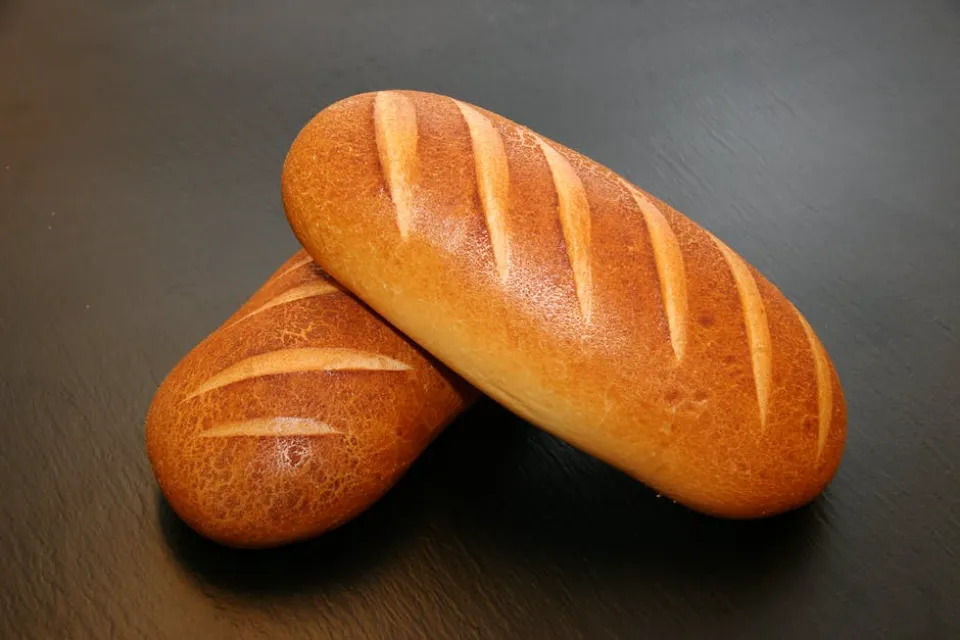
- Dairy – soft cheese, yoghurt and dips are fine to eat with braces
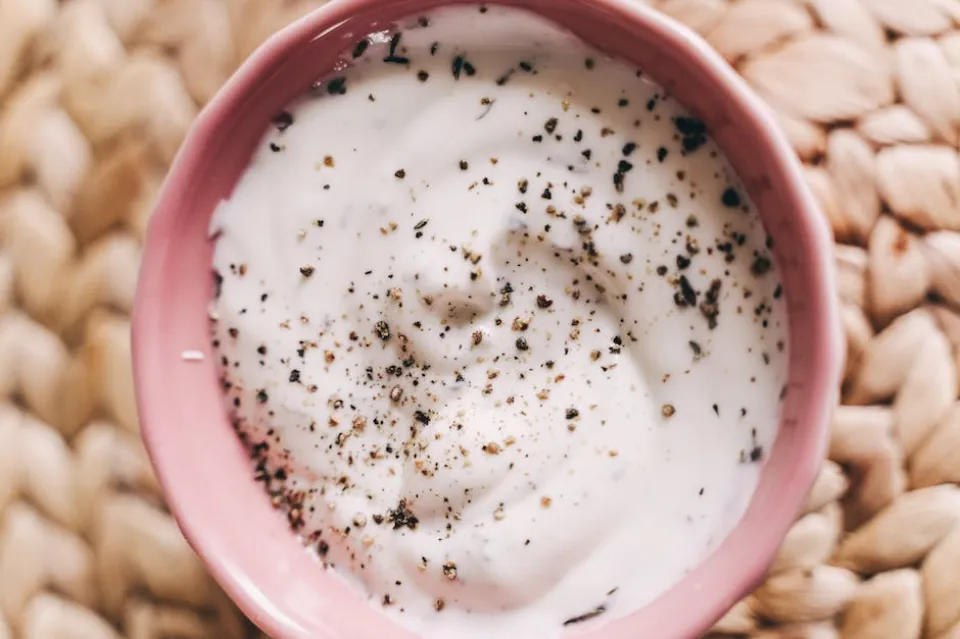
- Grains– rice, noodles and all kinds of cooked pasta are soft and suitable for braces
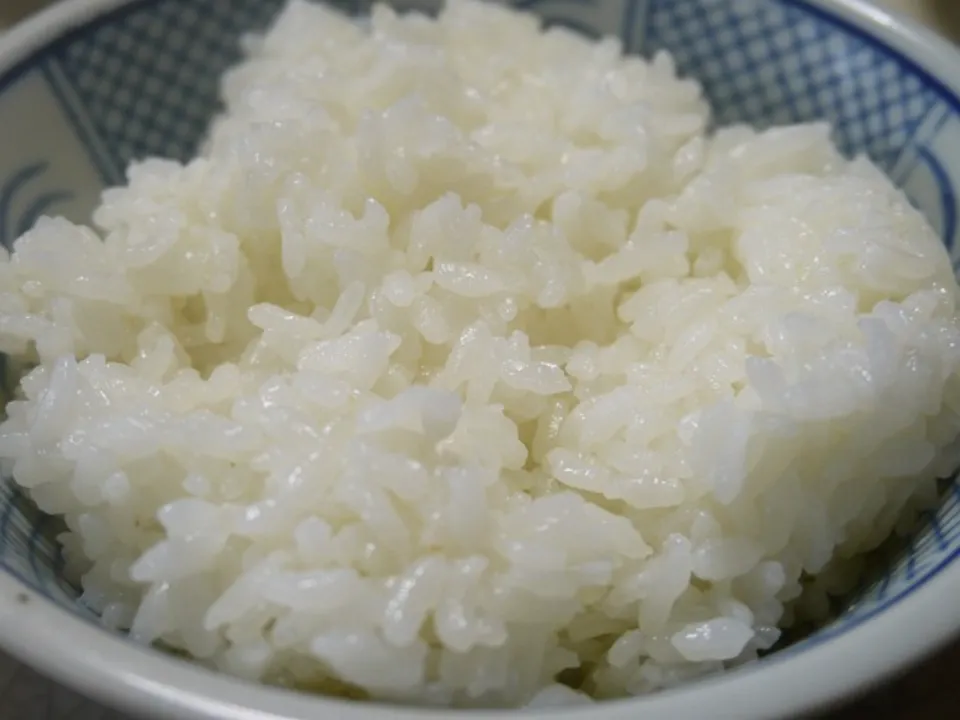
- Cakes & Muffins – pancakes, soft slices and biscuits are ok to eat with Brace
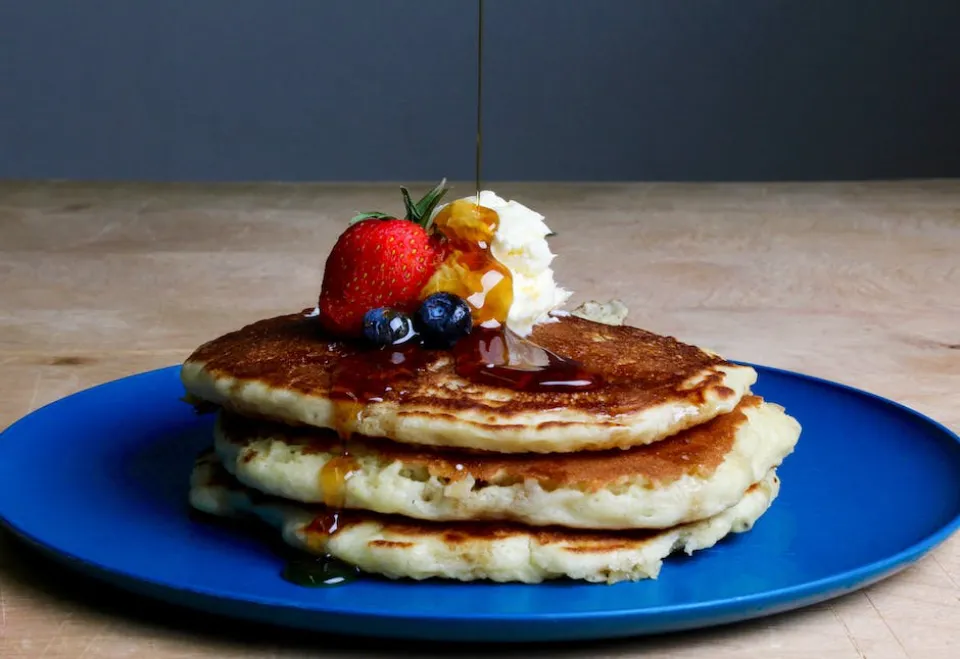
- Soft Meats & Chicken – leave the crackling off the plate but you can still enjoy roast, deli and barbecued meats that aren’t too chewy
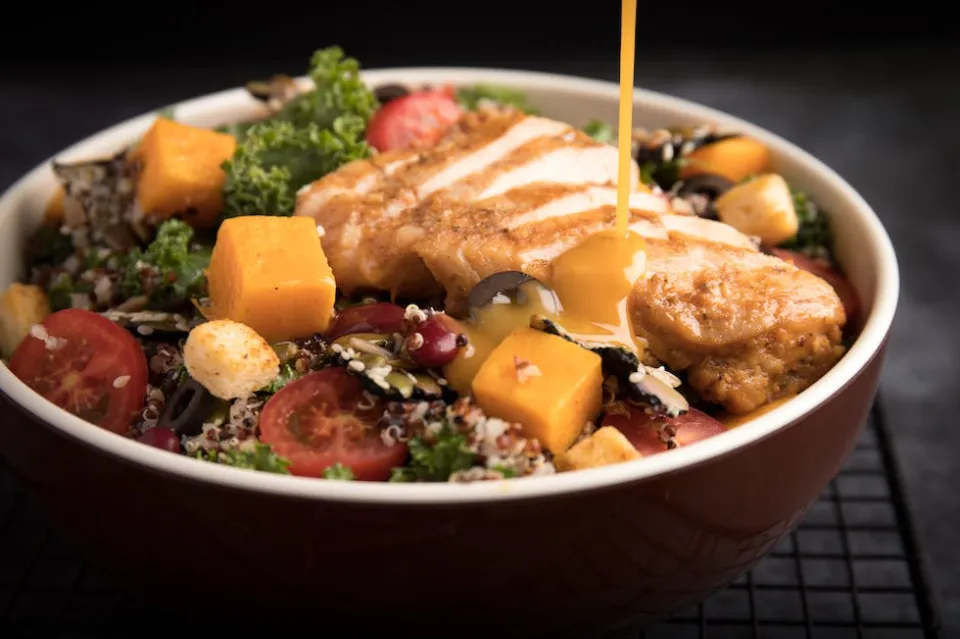
- Cooked Vegetables – most soft, cooked vegetables eaten from a fork are fine so there’s no excuse for your child not to eat their Brussels sprouts
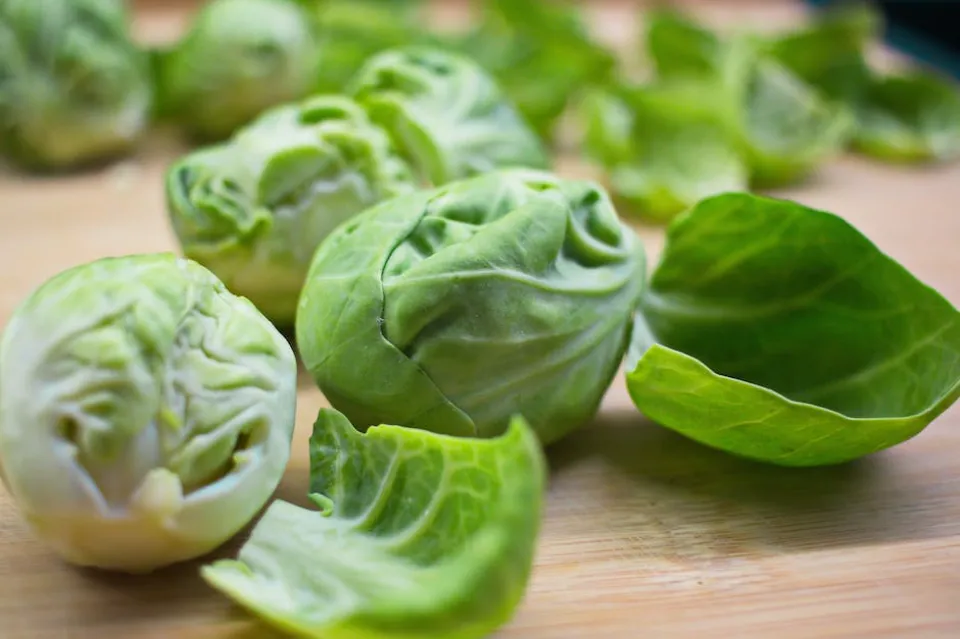
- Seafood– avoid any bones and shell but otherwise fish, crab, salmon, oysters and mussels are suitable foods for braces
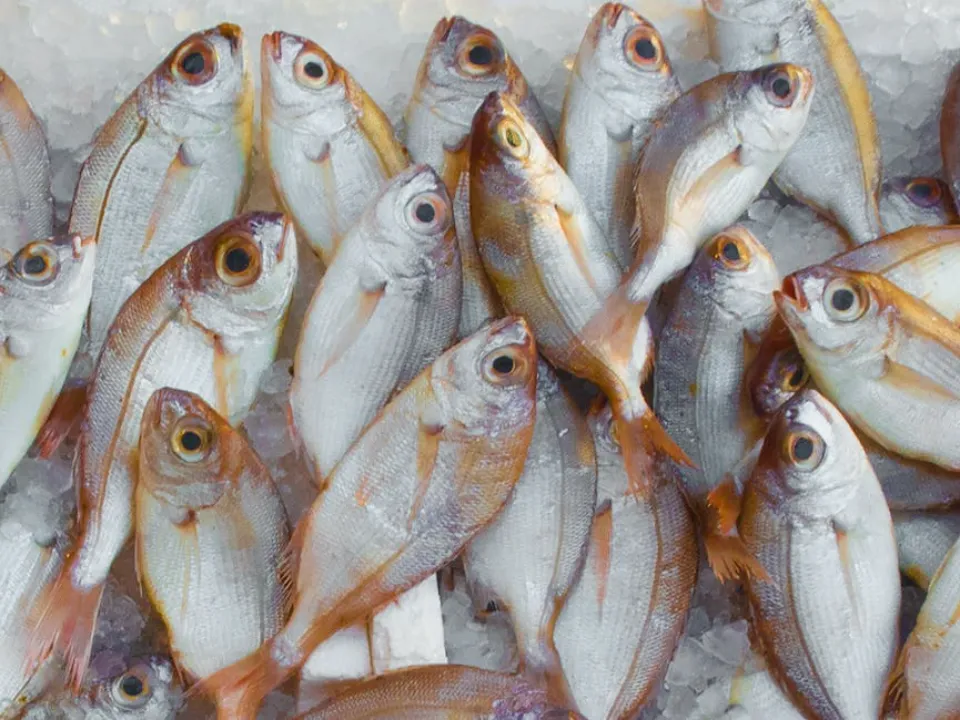
- Soft fruits – bananas, kiwi fruit, pineapple, strawberries, stone fruits (but cut it off the stone so you don’t accidentally bite into it)
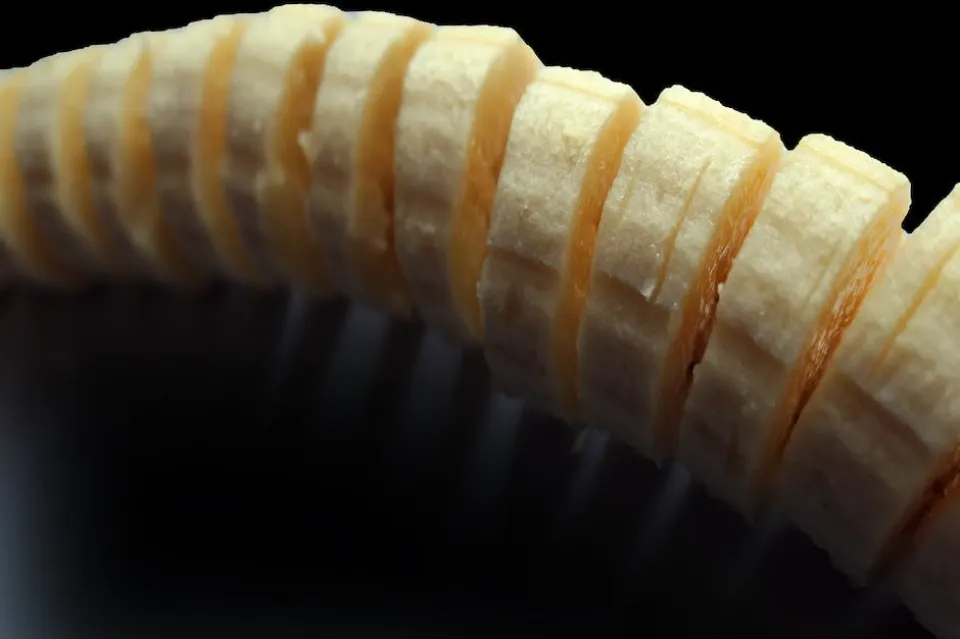
- Ice cream, jelly, smoothies, and milkshakes are all acceptable sweet treats. Of course be aware of the harm eating too much sugar can do to their teeth and overall health so keep these as occasional treats
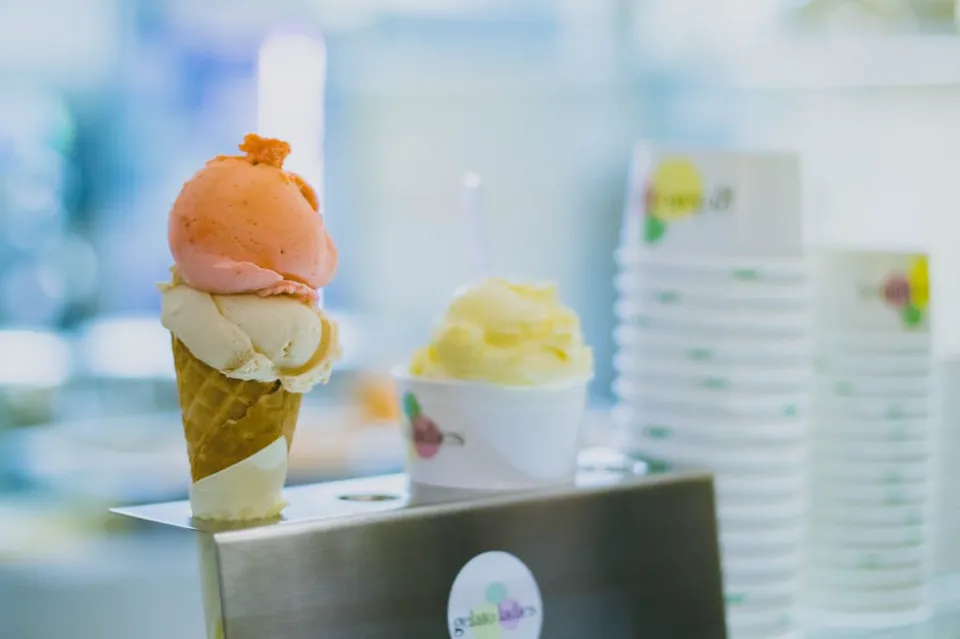
Check the following food whether can be eaten with braces!
Food That Should Be Avoided With Braces
The following foods should be avoided to eat with braces that may lead to loose bracket:
- Whole apples & pears – rather than biting into hard fruits, cut it up into small, thin pieces should be avoided to eat with braces
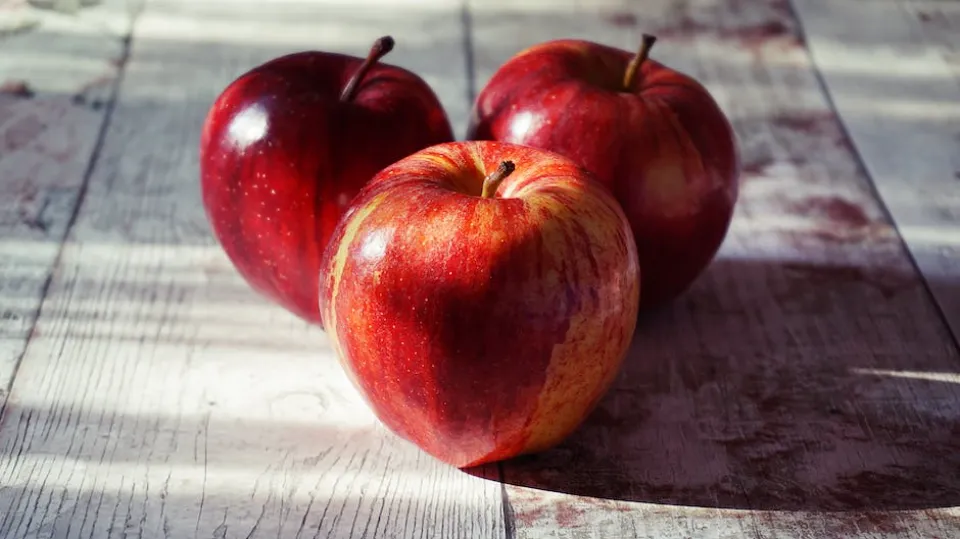
- The wire or bracket can be broken by biting into a whole carrot and other raw vegetables. Cut the carrot into thin sticks or rounds to enjoy them raw or cook to soften before eating
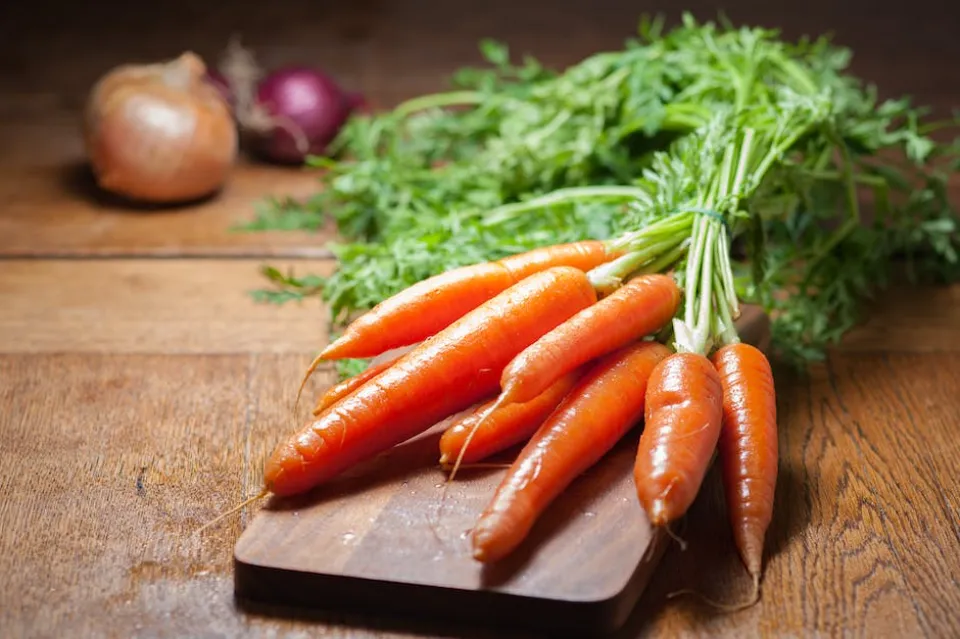
- Not all bread needs to be abandoned; only the hard rolls, hard bread, and pizza crusts need to be avoided. Choose a soft variety of bread or remove hard crusts
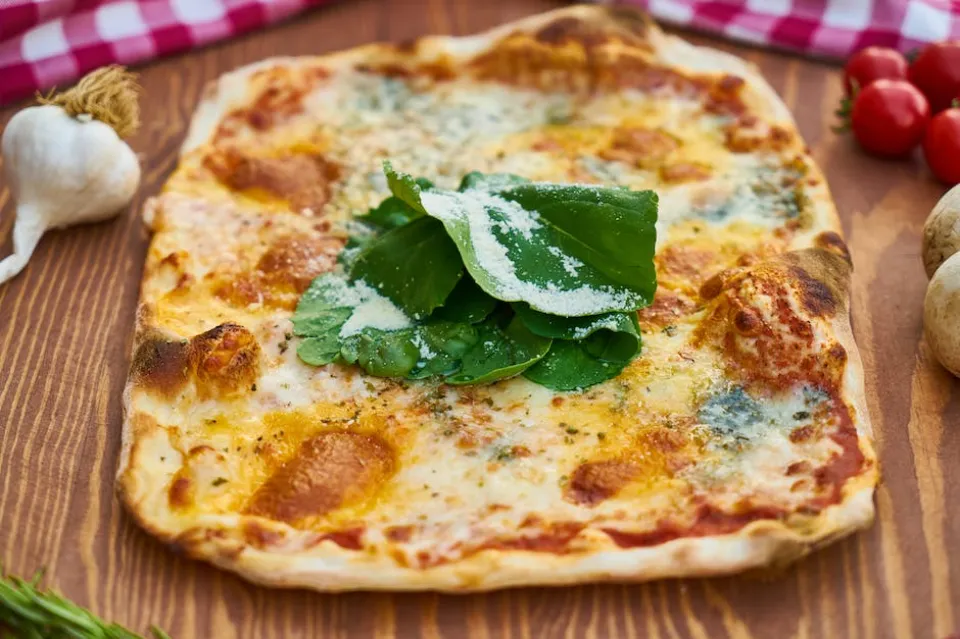
- Popcorn – popcorn kernels can easily become stuck in braces or under the gum in a spot that is difficult to access without removing part of the braces
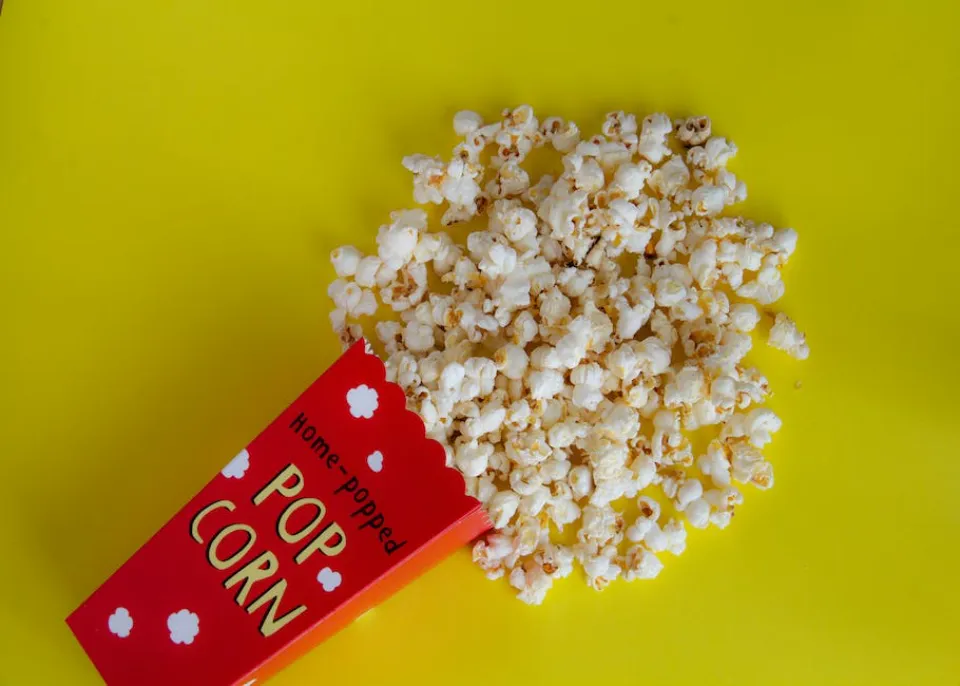
- The majority of nuts are hard, and they can break wires and dislodge brackets, so they should be avoided to eat with braces. Ground and flaked nuts are fine to eat
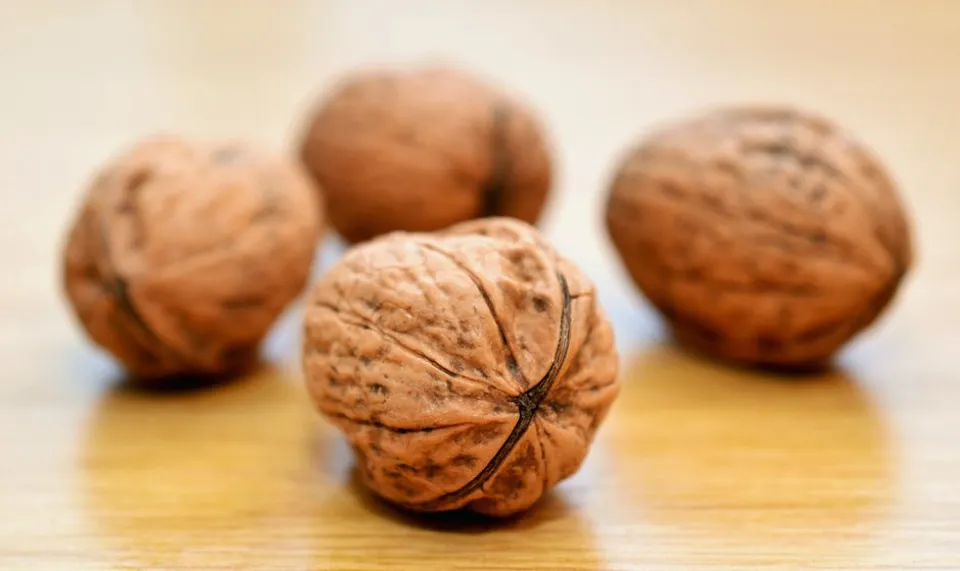
- Bites from corn on the cob are a surefire way to end badly, so they should be avoided to eat with braces. Use a sharp knife to cut the corn off before eating
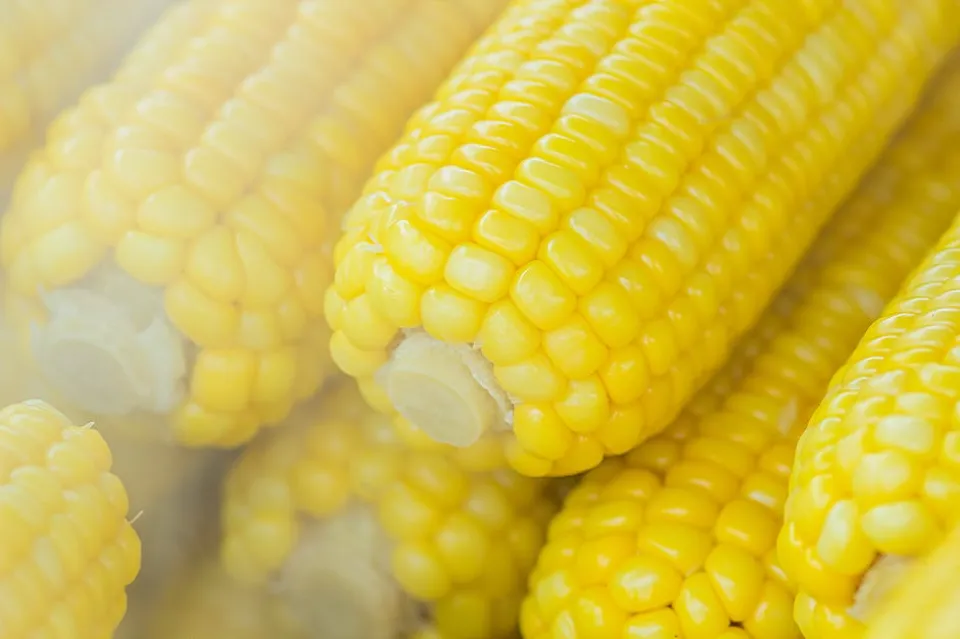
- Tough Meat – try to only eat soft meats that don’t require a lot of chewing
- Foods that are sticky, such as caramel, can stick to brackets and archwires and break them. Even if a breakage doesn’t occur the first time, the damage is often cumulative and subsequent pieces may cause dislodged hardware
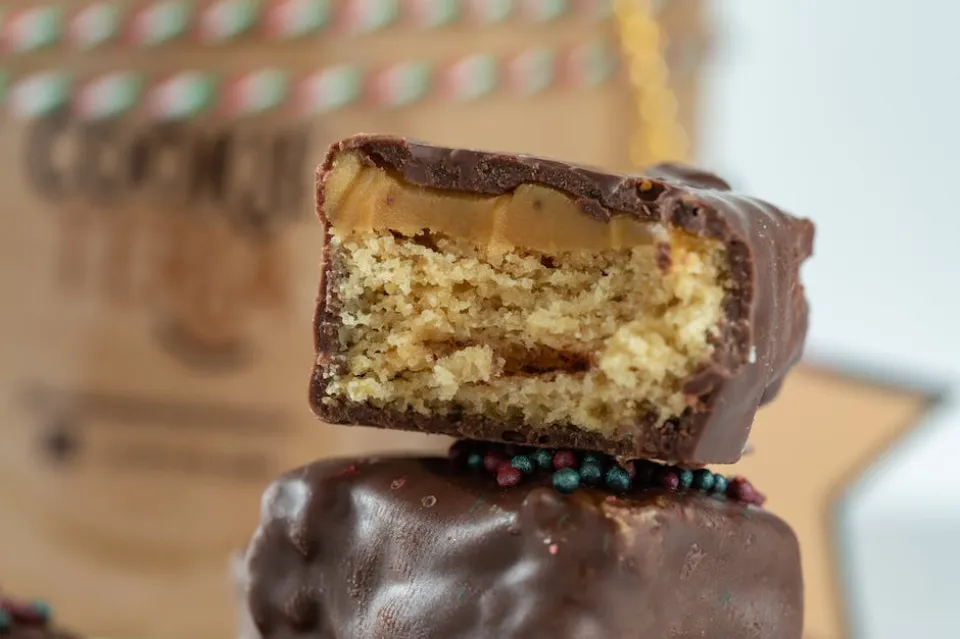
- Licorice – not only does black licorice look terrible stuck in braces but chewy licorice causes breakages, so they should be avoided to eat with braces
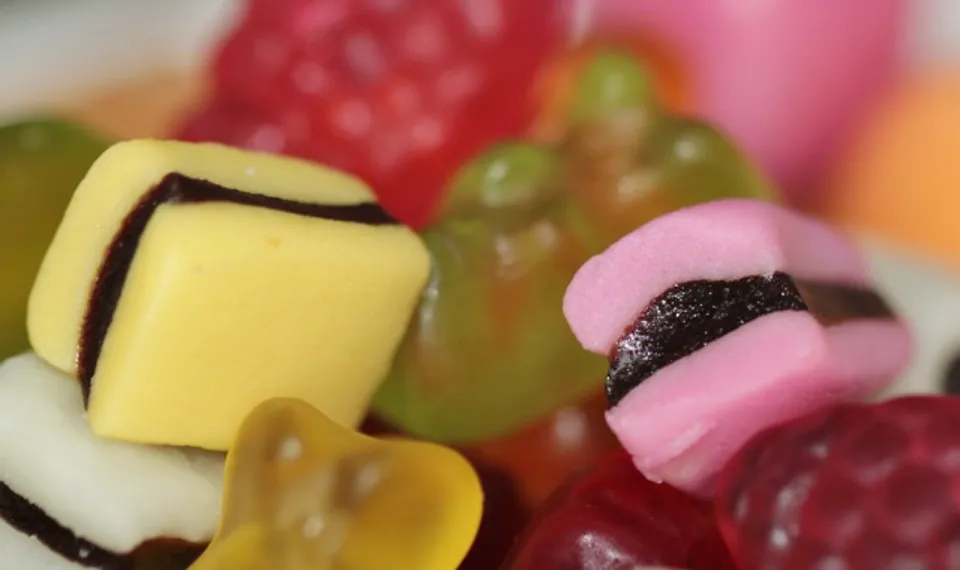
- Be careful which lollipops they eat while wearing braces because the majority of them are either hard or chewy. It’s also important to brush soon after consuming lollies as the sugar can cause decay and teeth staining
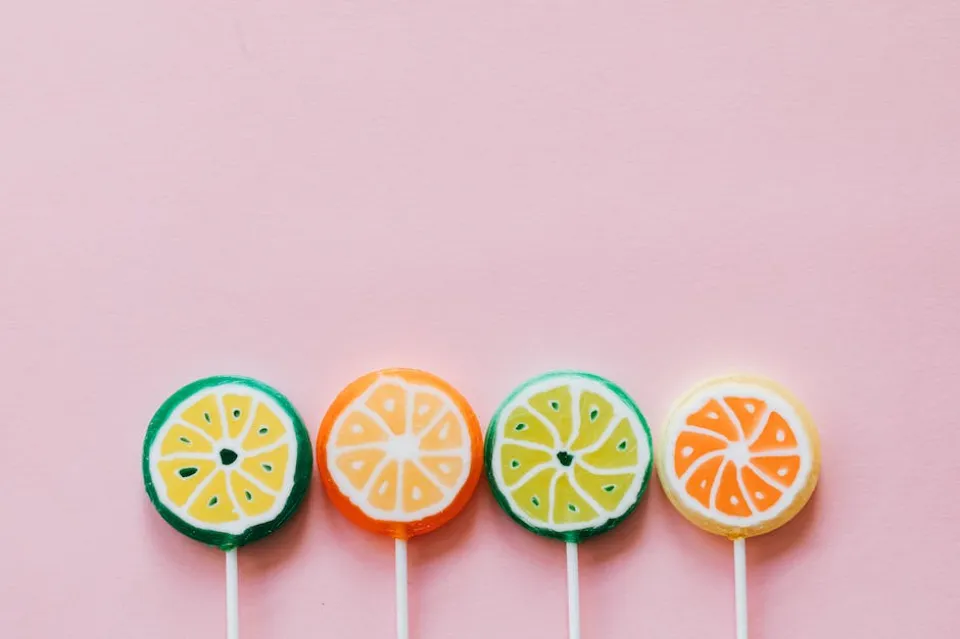
- Beef Jerky – some people love this salty snack but it takes a lot of chewing to get through and can damage braces, so you should avoided them to eat with braces
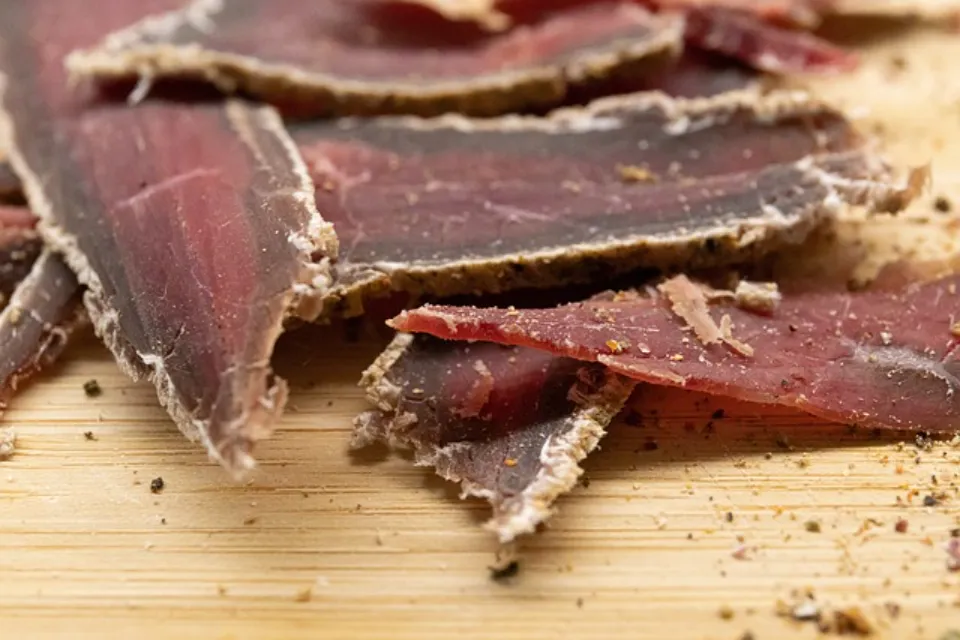
- Chewing Gum: Having braces makes it difficult to enjoy a stick of gum. Once it gets stuck in the grooves of the brackets and around the wire, it’s difficult to get out
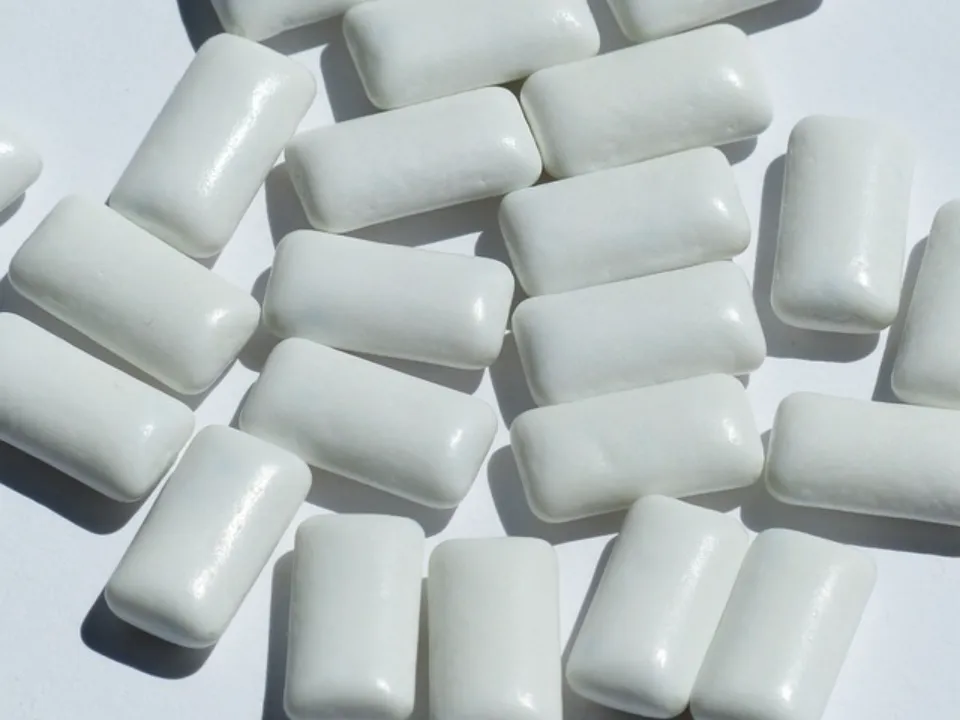
- Soft drinks are high in sugar and can contribute to tooth decay. With braces, it is best to stay away from sweet beverages. The sugar can stay on the teeth causing them to stain which can be more noticeable after the braces come off
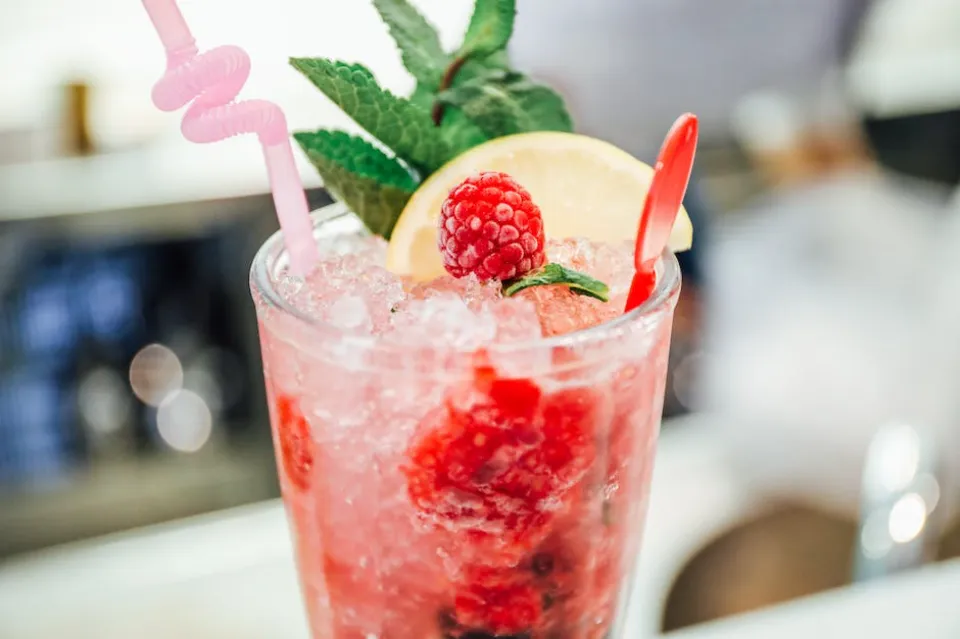
- Ice – it’s fine to keep drinks cold with ice as long as your child isn’t tempted to crunch on a piece of ice otherwise the next sound you hear could be the braces
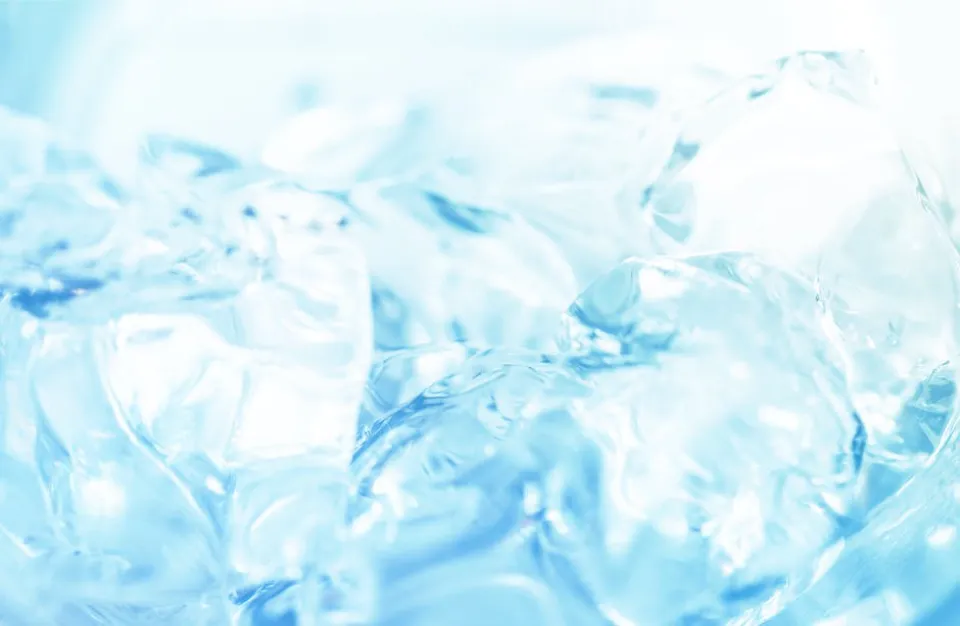
- Turmeric: Try to steer your child away from dishes that contain turmeric if they enjoy Middle Eastern and Indian cuisine. The yellow spice powder can stain braces and Invisalign retainers so it’s best avoid Indian food with braces
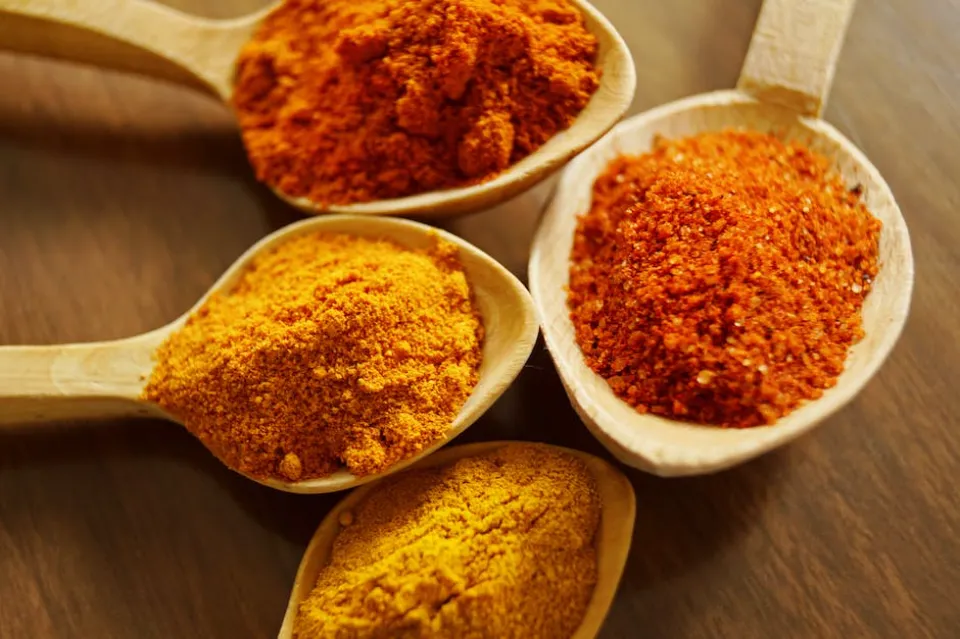
It’s possible that you’ll need to remind your child what they can and cannot eat, especially in the early going. To prevent them from consuming foods without properly preparing them, demonstrate to your child how quick and simple it is to break up their snack into bite-sized pieces.
Encourage your child to brush and floss their teeth at least twice a day while they are receiving orthodontic treatment. No matter how well-balanced their diet is, brushing teeth is a constant necessity. Even nutritious foods like fruit don’t promote healthy enamel. Plaque and food residue buildup hinders tooth movement and increases the risk of decay and staining. Because it’s difficult to see if food is lodged behind your teeth with lingual or inside braces on the back of the teeth, extra care must be taken.
Make sure to seek the advice of your orthodontist if you have any questions about what your child can and cannot eat while wearing braces.
How to Eat Food Properly With Braces?
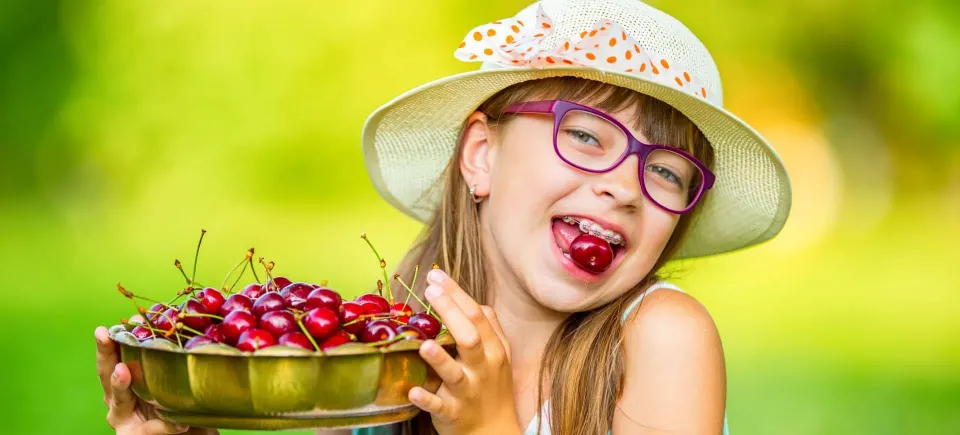
Despite wearing braces, you can still eat a lot of your favorite foods. To enjoy most foods even while wearing braces, concentrate on a few key points.
- Key 1: Be sure to take smaller, softer bites of food. To avoid requiring more force to bite into larger chunks, chop everything into smaller pieces.
- Key 2: Practice using your side of the mouth to bite into food. Focus on biting with your canines and bicuspids
- Key 3: Chew your food slowly but completely to avoid biting your lips, cheeks or tongue as your bite changes
Read More: How to Know if You Need Braces – 5 Signs to Determine
Why Eating the Wrong Foods With Braces is Bad?
The incorrect diet can damage appliances, wires, bands, or brackets. Your braces treatment is slowed down by these breaks. Your strong bite causes orthodontic devices to break!
The mastication muscles are the ones that tighten when you bite down. These muscles contract with a bite force of 160 PSI on average, with the back molars receiving the strongest bite forces.
What to Do If Wires Or Bands on Your Braces Come Loose?
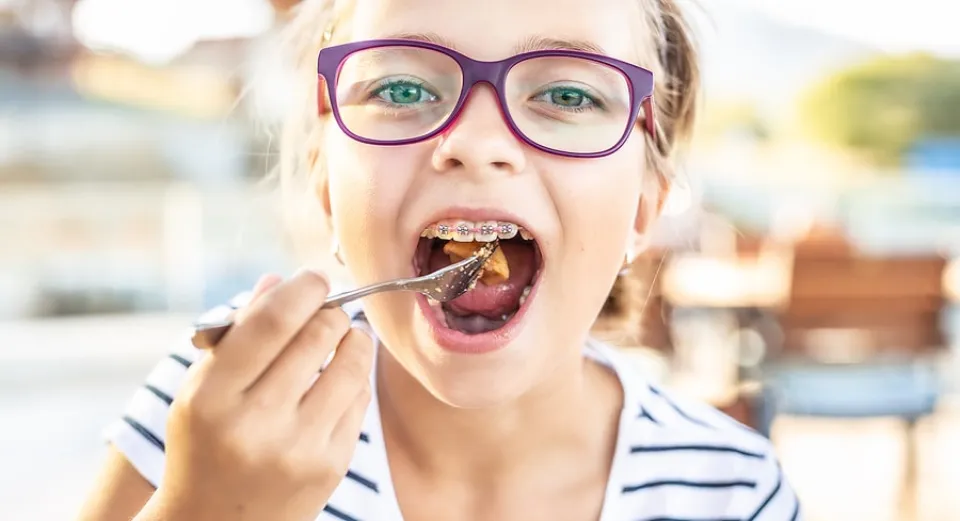
You will visit your orthodontist on a regular basis to have your braces adjusted while you wear them. Other problems, such as a loose or broken wire or band, can arise in between routine adjustments.
This can happen if you:
- Eat sticky or crunchy foods
- Pick at your braces
- Have an injury to your mouth
Make an appointment with your orthodontist right away if you experience any problems with your braces. Your recovery time might be slowed by ignoring the damage or postponing a repair.
A broken bracket or wire should not be pulled or bent. The harm you do could get worse. As a substitute, cover the sharp edge with some wet cotton or orthodontic wax until you can visit a dentist or orthodontist.
How to Maintain Dental Health With Braces?
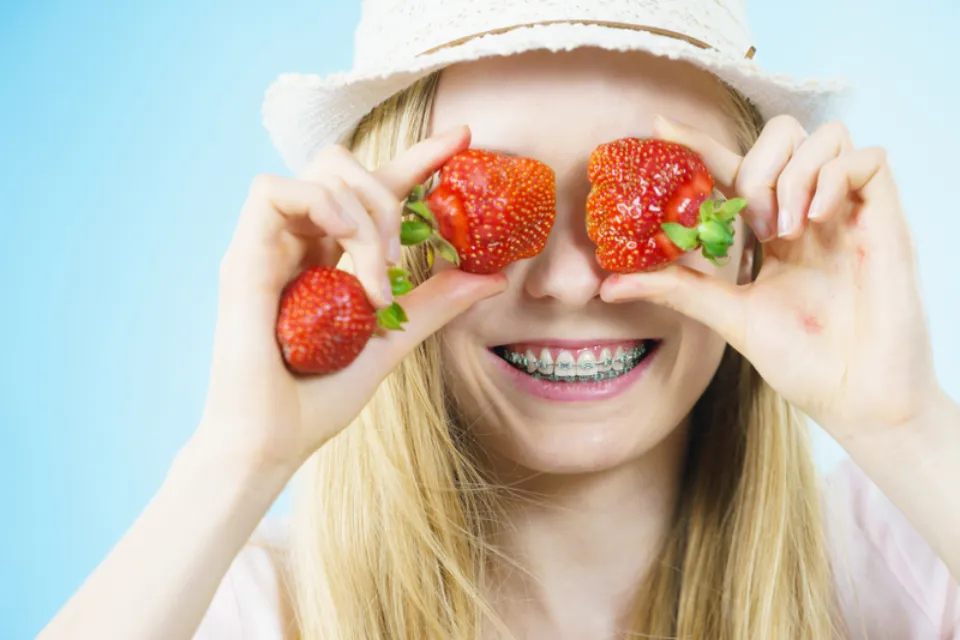
One way to prevent damage is to keep up good dental habits while wearing braces. Use a soft-bristled toothbrush to brush your teeth at least three times per day, ideally right after each meal.
Remove any traces of food from the area around your braces with extra care. Utilize floss to clean in between your teeth and a floss threader to get rid of food bits stuck in the space left by braces and wires.
It’s crucial to schedule routine cleanings and examinations with both your dentist and your orthodontist. Cleanings at the dentist are necessary to get rid of plaque buildup, which causes cavities and gum disease.
Read More: Can Cavities Cause Headaches
Visits to the orthodontist guarantee that your braces remain fitted correctly.
To strengthen your teeth and reduce the risk of tooth decay, your dentist might also advise using a fluoride mouthwash.
Additionally, braces damage can be avoided by learning different chewing methods. It might be simpler to chew food with your back teeth, which are stronger, as opposed to your front teeth, which are more fragile. When consuming heavier meats or thicker breads, this can protect your braces from damage.
Takeaway
Your teeth can be improved by wearing braces. You run the risk of harming your braces and teeth if you consume the wrong foods and practice poor oral hygiene.
What foods to avoid will be covered by your dentist or orthodontist. Please do not be shy about asking questions. The length of your treatment could be extended if you damage your braces, which would require you to wear them for longer.
FAQs
Can I Eat McDonald’s With Braces?
Ice cream, brownies, cookies, cake, French fries, burgers, hot dogs, and pizza (just skip the crust) are all still perfectly acceptable foods.
Can You Eat Pizza With Braces?
Yes, you can, as long as you take small, deliberate bites and avoid crusts and toppings that are overly hard, sticky, or stringy. Of course, for best dental health, it’s also crucial to brush your teeth and the metal wires after meals.
Can I Eat a Burger With Braces?
You can indeed eat both sushi and a burger while wearing braces. Do not forget to chew slowly. Alternatively, you can chop your food into bite-sized pieces. You might experience sensitivity or soreness in your teeth for a few days after getting braces or after an adjustment.
Can I Eat Noodles With Braces?
All types of cooked grains, including rice, noodles, and pasta, are soft and suitable for braces.


















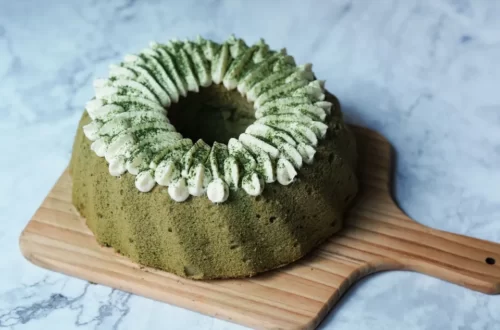
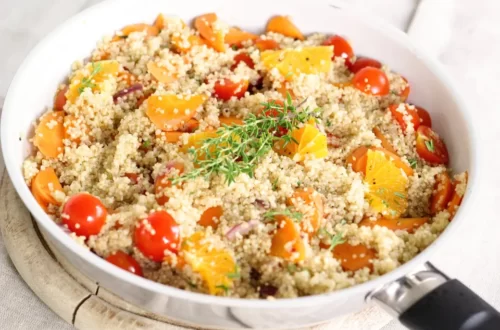
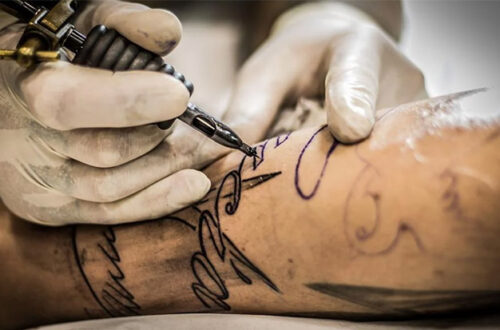
Average Rating